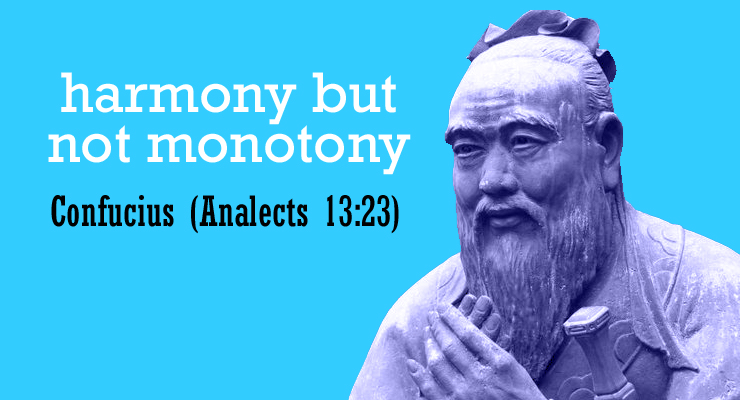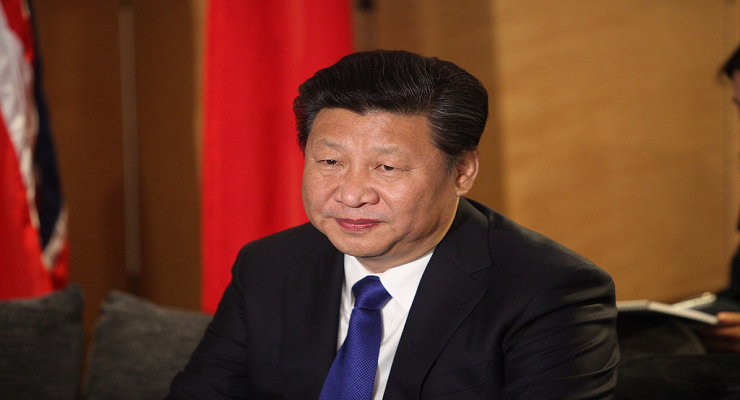
China has always been known for its “one man rule” approach thereby leaving the country to function under the control today of one individual: President Xi Jinping. On November 13th, Rice University’s Baker Institute published a discussion to examine China’s political system today and how this system has affected the nation’s vast urban poor communities. The expert panelists talked about how these political reforms in China will play out and how it will shape internal and international factors.
China increasingly is witnessing problems of rich countries while still struggling to better the lives of the vast numbers of its poor. Potential solutions range from trade to politics. But the crisis in China today should not mark an accuse to end political reform. Even with the massive challenges, there is still a path towards a more functional, political and sustainable China. From a brief description in the event invite:
What lies ahead for China’s foreign relations and economic and political reforms? General Secretary Xi Jinping was firmly established as China’s “core leader” at the 19th Communist Party Congress in October 2017, and China is still on track to become the largest world economy in the next few decades. Yet China’s foreign relations policies, especially with regard to trade with the United States, are proving to be a test of Xi’s leadership.
Will China continue with its very gradual political and economic liberalization reforms, which began 40 years ago with the fall of the Gang of Four and the end of the Cultural Revolution movement? How will China’s increasingly complex economic and treaty ties to other nations influence the direction of political reforms in China, and vice versa?
From the discussion held in Houston, Texas, we will get to learn about the current state of political reform in China. The four person panel was moderated by Steven W. Lewis, Ph.D. Lewis is a C.V. Starr Transnational China Fellow at the Baker Institute and Professor in the Practice and Associate Director of the Chao Center for Asian Studies at Rice University. Members of the panel were:
- Songying Fang, Ph.D: Associate Professor, Department of Political Science, Rice University
- David J. Firestein: Founding Executive Director, China Public Policy Center, and Clinical Professor of Public Affairs, Lyndon B. Johnson School of Public Affairs, The University of Texas at Austin
- Elaine M. Liu, Ph.D: Associate Professor, Department of Economics, University of Houston
- Xiaobo Lü, Ph.D: Associate Professor, Department of Government, The University of Texas at Austin
The discussion lasted for about 2 hours. Take a look:

Leave a Reply